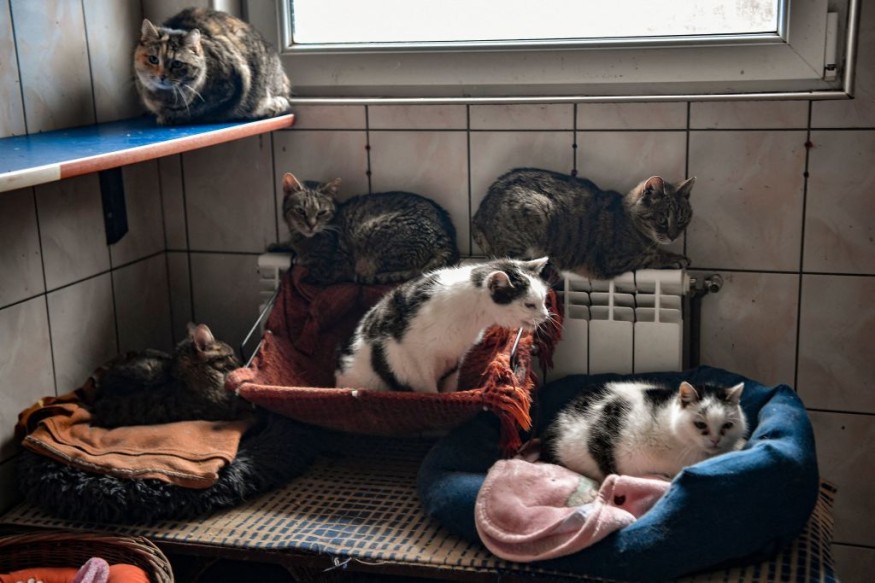
An unusual infection of bird flu was detected in cats in Poland. Authorities are investigating how cats became infected.
Pet owners in Poland are advised to observe their cats and bring them to the nearest veterinary clinic.
It is also best to keep them indoors to avoid possible exposure to the H5N1 variant. Reports noted that exposure and risk to humans are low.
Recently, Nature World News (NWN) reported that bird flu was detected in Ireland after hundreds of birds tested positive for bird flu influenza.
In the report, BirdWatch Ireland explained that the population of Roseate Terns and Sandwich Terns could become affected, as bird flu could infect seabird colonies.
Cats die from bird flu infection
The unusual death of cats in Poland caused an alarm, as dozens of cats died from the H5N1 bird flu.
In the latest Associated Press (AP) news, the World Health Organization (WHO) noted that 29 tested positive for H5N1 bird flu.
The report noted the strange deaths of over 45 cats in parts of Poland, as the H5N1 outbreak was detected in parts of Americas, Africa, Europe and Asia.
In the Sky News report, people are urged to watch their pets and strictly keep them inside or indoors.
On the other hand, Global News Canada reported that experts were looking into possible sources of exposure:
- Direct or indirect contact with birds carrying bird flu disease
- Consumed birds or food with bird flu disease
The EU's European Food Safety Authority noted that it would help avoid any possible exposure to pets to H5N1 bird flu.
Furthermore, the report explained that the increasing cases of H5N1 bird flu infections could result in the disease mutation.
Meanwhile, the WHO noted the unusual infection of bird flu among mammals. According to Global News Canada, ten countries reported bird flu cases in mammals.
Cat deaths in Cyprus
In the previous articles, Nature World News (NWN) and The Telegraph reported that about 300,000 died since January in Cyprus due to feline infectious peritonitis (FIP).
The infectious disease killed many cats on the famous island of cats in Cyprus, where kittens are the most vulnerable to the infection.
According to the Cornell University College of Veterinary Medicine, some signs of FIP include diarrhea, fever, aggressiveness and sneezing.
Pet owners should immediately bring their cats or pets to the nearest veterinary clinic if they show signs of infections.
Protecting your pets
Homeowners can also protect their pets from possible infection, especially if there are disease cases in their communities.
Animals, including pets and dogs, can become vulnerable to infections if they are left untreated.
As the disease is present, it is best that homeowners should not allow their pets to roam around outdoors.
Securing them in a safe place will become helpful to reduce the possible exposure.
For more similar stories, don't forget to follow Nature World News.
© 2025 NatureWorldNews.com All rights reserved. Do not reproduce without permission.





